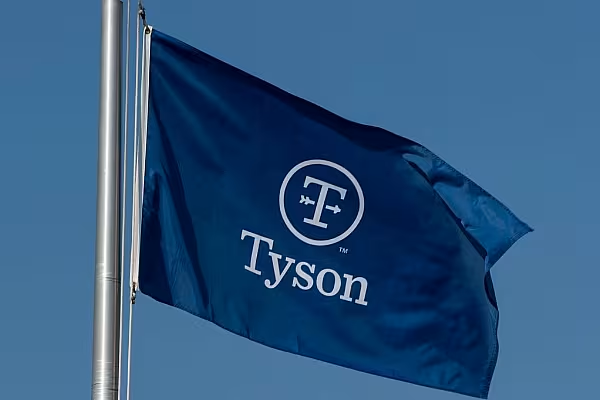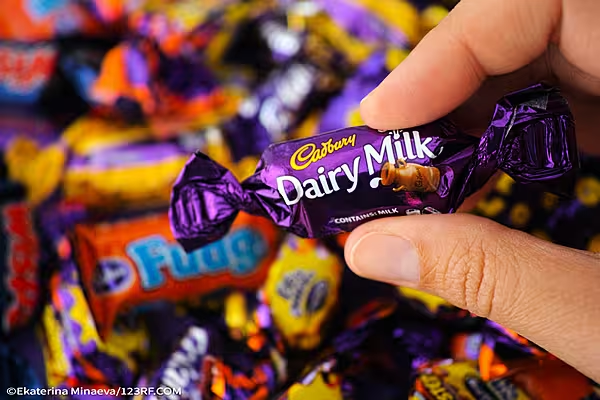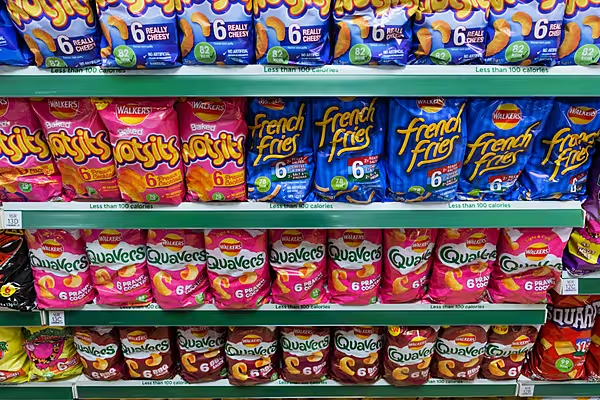Tyson Foods beat market expectations for first-quarter revenue and profit, in first signs demand for its meat products is beginning to recover as inflation concerns ease.
Customers had reined in spending on expensive meat products last year as inflation remained high, but grocery prices are starting to soften from their peak.
Still, Tyson said it is continuing to assess its operations after shuttering US chicken plants last year.
"Achieving a great result in Q1 and our business results influence our thinking. But we continue to evaluate all options," Tyson chief financial officer John R Tyson said in an interview.
Tyson's overall adjusted operating income was down 9.2% in the quarter as it struggled with a limited supply of cattle in the US.
Quarterly Highlights
The beef segment – its largest – posted an adjusted operating loss of $117 million in the quarter, compared with an adjusted operating income of $129 million from a year earlier.
Sales in the segment were up 6.3%, backed by higher prices, which rose 10.5%. Volume, however, was down 4.1%.
Tyson's chicken segment, which saw prices hitting record high at US grocery stores last year, reported a drop in prices to about 4%, while volumes declined 1.5%.
The company has been closing its chicken plants, consolidating its operations and laying off employees over the past year in a bid to reduce costs. The chicken segment's adjusted operating income rose by almost 150% from a year earlier to $192 million.
Tyson's pork segment's volume was up 7.7% from a year earlier, while its prepared food segment – which makes Ball Park hotdogs and Jimmy Dean sausages – saw volume rise by 2.5%.
The company posted adjusted earnings of 69 cents per share, compared with analysts' estimates of 41 cents.
The US meat packer's net sales rose 0.4% to $13.32 billion, beating analysts' estimates of $13.27 billion, based on LSEG data.
Tyson continues to expect full-year sales to be relatively flat in fiscal 2024.









